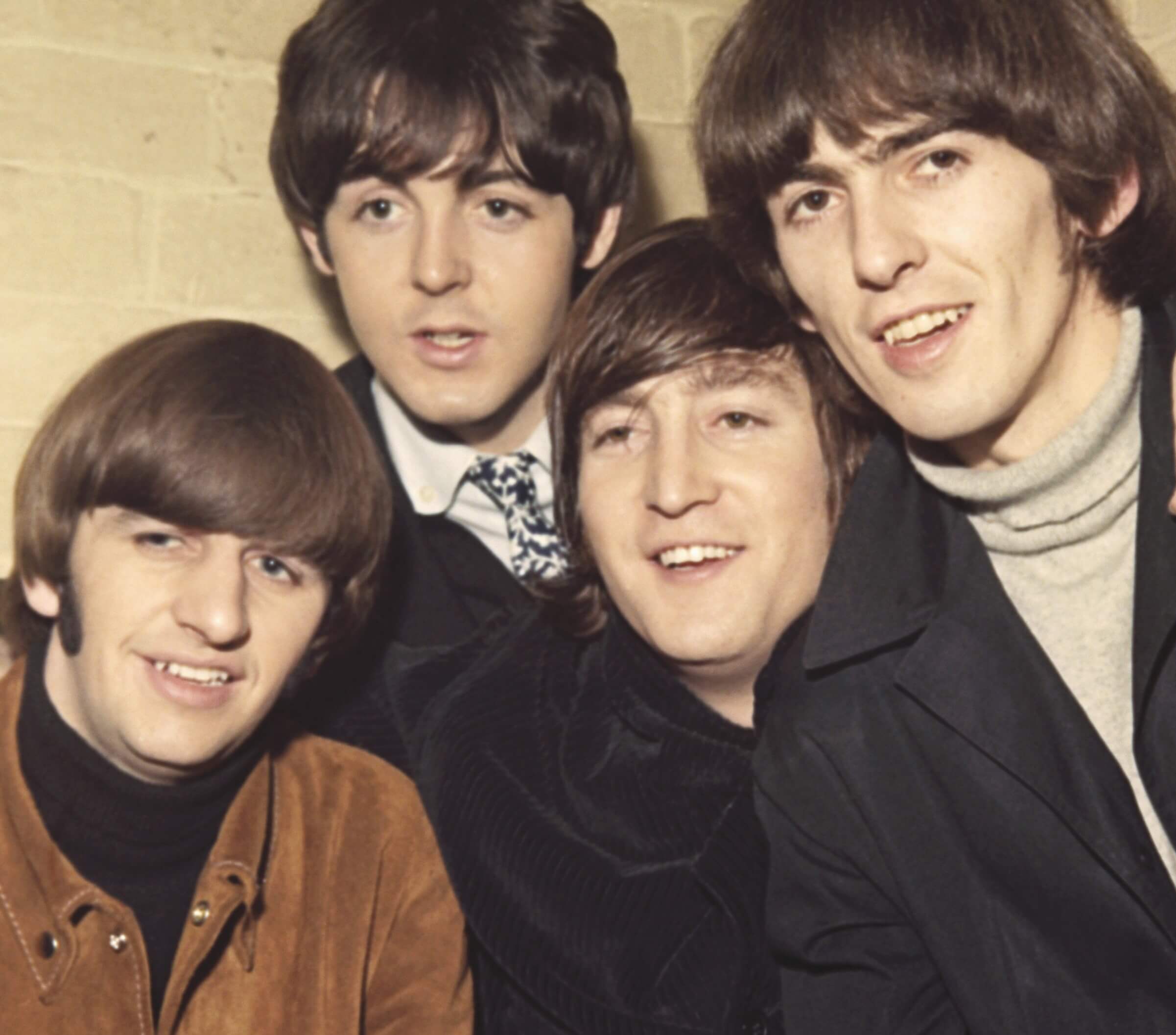There’s no disputing that The Beatles produced some extraordinary music. In fact, it’s fair to say they crafted historic, world-changing music that permanently reshaped the landscape of rock and roll. However, given the breadth and diversity of their discography, it’s also inevitable that there are some songs that fall short and end up getting skipped. Everyone has their favourites and least favourites within the catalogue, including the members themselves.
By the time The Beatles called it quits in 1970, they were utterly unrecognisable from the group they started out as. Their debut album in 1963 was a collection of through-and-through rock and roll songs, borrowing from the blues and rock sounds coming from America but sung by a group of plucky lads from Liverpool. With each release from that point on, the foursome was changing and morphing, pushing at the very edges of the genre to expand it into something bigger and more exciting.
By the end of the decade, they were psychedelic pioneers, still racing ahead at the forefront of experimentation, with all their peers following after them. Their last albums were huge, expansive works complete with full orchestras, new instruments and adventurous compositions. However, they were also the product of increasingly tumultuous times. While the albums trace their ever-evolving talent, they also track the breakdown of their personal and creative relationships.
So, while asking a normal person for their least favourite Beatles album will give you an answer based solely on musical tastes, the members themselves would never have been able to free themselves to their personal memories of their creation. As each of the Fab Four took a different perspective, both musically and personally, their responses to their own records are a fascinating insight into their position on things. However, the answer is largely unanimous…
The Beatles’ least favourite album:
George Harrison
In many ways, the band’s 1967 album Sgt Pepper’s Lonely Hearts Club Band should have been George Harrison’s opus. After Revolver, he very clearly quit the band but was persuaded to stay with the promise that there would be no more touring. It was that move that birthed an entirely new way of working for the band, one that made this album possible as they had no deadline, limitless budget and seemingly total freedom.
It allowed Harrison to head off to India for a while and learn sitar, expecting the sound would become utterly instrumental to the band from then on. To some degree, it did, but it was not enough to save the record from being dubbed Harrison’s least favourite.
It was partly circumstantial. After his romp to India, Harrison’s return to London was so reluctant it forever tainted the album. “My heart was still out there,” he said. But really, Sgt Pepper’s Lonely Hearts Club Band was the start of Harrison beginning to have one foot out of the door as he longed for more or to be able to do his own thing. “I was losing interest in being ‘fab’ at that point,” he added. Instead of having more freedom, Harrison found himself back to being a cog in the Beatles machine. “It became an assembly process,” he said of the making of the album, “just little parts and then overdubbing.” The experience forever made the release his least favourite.
John Lennon
In the years after The Beatles’ split, John Lennon was never shy about sharing his thoughts on his old band’s albums. As the relationships broke down, he became increasingly critical of his friends’ music and less willing to collaborate or even support their work.
He was savagely critical of Abbey Road, calling Paul McCartney’s work “[music] for the grannies to dig” and not “real songs”. However, that critique started far earlier as he deemed Sgt Pepper’s Lonely Hearts Club Band his least favourite for the same reason.
He called the album “granny shit” as he hit out at McCartney’s whimsical songwriting on ‘When I’m Sixty-Four’ especially. “Paul’s, completely,” he said. “I would never dream of writing a song like that. There are some things I never think about, and that’s one of them.”
He continued, “These stories about boring people doing boring things — being postmen and secretaries and writing home. I’m not interested in writing third-party songs. I like to write about me ‘cuz I know me.”
Paul McCartney
Paul McCartney’s reasoning behind his least favourite release is probably the most valid, as his work was ripped apart and reworked behind his back. It was when Phil Spector was brought on board for Let It Be that the issues came about, messing with tracks that had been completed for quite some time to give them his own distinctive sound.
“The album was finished a year ago, but a few months ago, American record producer Phil Spector was called in by John Lennon to tidy up some of the tracks. But a few weeks ago, I was sent a re-mixed version of my song ‘The Long And Winding Road’, with harps, horns, an orchestra, and women’s choir added,” McCartney said even back in 1970, not able to hide his upset. “No one had asked me what I thought. I couldn’t believe it,” he added.
George Martin was also up in arms about the changes made, saying, “That made me angry – and it made Paul even angrier because neither he nor I knew about it till it had been done. It happened behind our backs.” From then on, McCartney has never been able to get on with the album as it sounds different from how he’d originally crafted it.
Ringo Starr
Ringo Starr’s reasoning is the same as George Harrison’s. By the time it got to the band’s later albums, the two members seemed to have had enough of feeling like Lennon and McCartney’s backing band. While the pair had always been the principal songwriters, their control of the group seemed to tighten with every release until it was smothering.
That tainted the 1968 album for Starr, leaving him feeling disconnected from Sgt Pepper’s Lonely Hearts Club Band as well. “Sgt Pepper is my least favourite, though it has some amazing stuff on it,” he said. “It was [mainly] great for John and Paul to create all those sounds and get the violins in and instruments like that because they were their songs.”
Sgt Pepper’s Lonely Hearts Club Band is often held up as the ultimate, defining Beatles record that changed their history forever. But with three out of four members picking it as their least favourite, maybe it’s time to reconsider.



